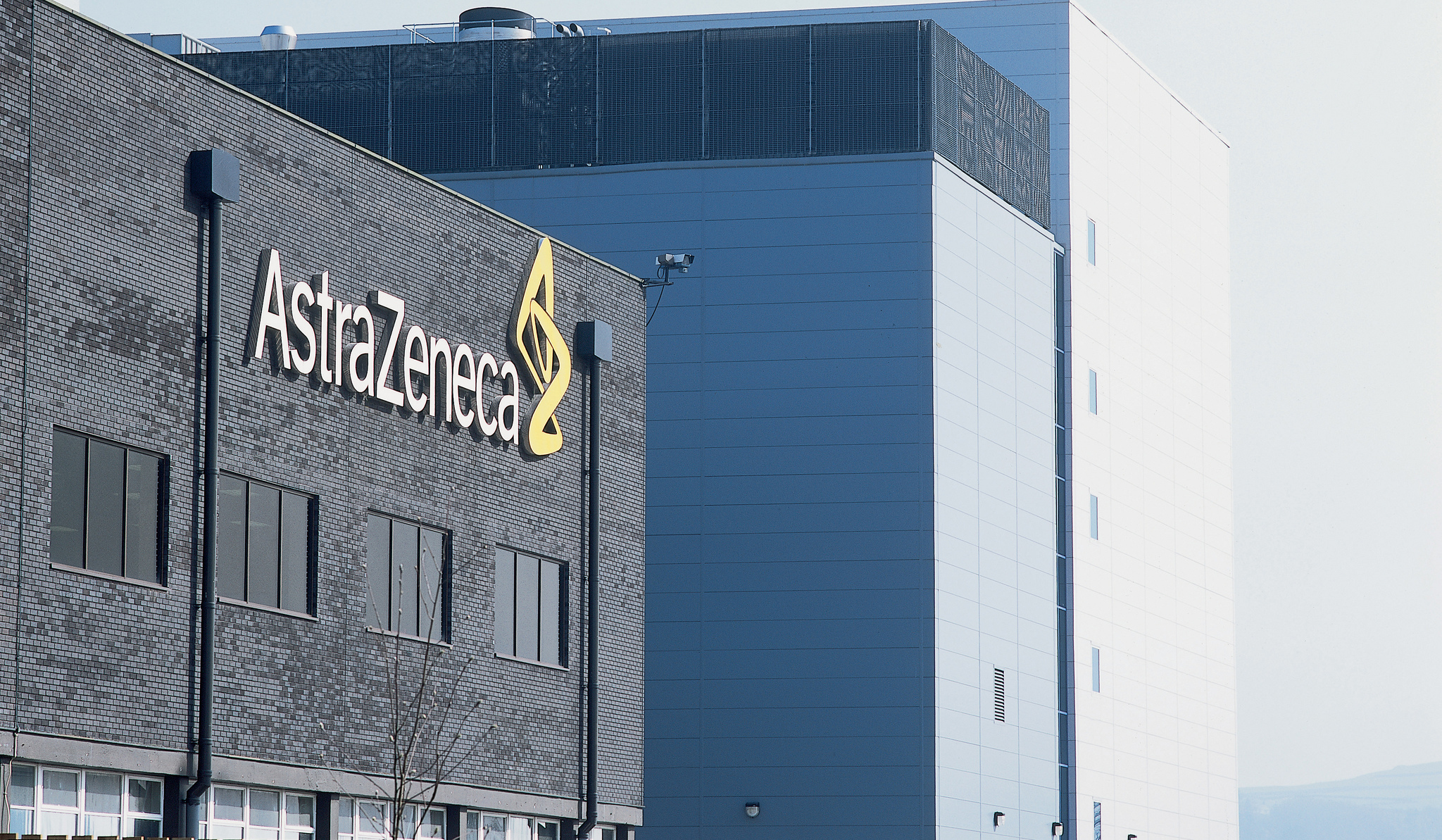
A major pharmaceutical company may have an advantage in the competitive lung cancer treatment space.
AstraZeneca announced results from a late stage study labeled PACIFIC for its PD-L1 antibody durvalumab (Imfizi) , which was tested against placebo on patients with stage 3 unresectable non-small cell lung cancer who had not progressed following standard platinum-based chemotherapy concurrent with radiation therapy.
This form of lung cancer represents approximately one-third of non-small cell lung cancer incidence and is believed to affect over 43,000 patients in the United States.
Results from the investigation indicated durvalumab showed a statistically significant and clinically meaningful improvement in progression-free survival (PFS) versus the current standard of care, which entails chemotherapy and radiation followed by active surveillance to monitor for progression.
An improvement in PFS of 16.8 months was seen with patients receiving durvalumab compared to a median of 5.6 months in the placebo group. Also, the group receiving AstraZeneca’s drug experienced a lower incidence of metastases than those taking placebo.
“For patients with locally advanced, unresectable NSCLC who have completed chemoradiation therapy, Imfinzi represents a potential new treatment option in the context of clear unmet clinical need. Durvalumab overtly prolongs the period in which the disease is controlled with reasonable side effects. In addition, it offers hope to increase the cure rate in this setting, but more mature follow-up is needed to assess its impact on survival,” said Dr. Luis Paz-Ares, the principal investigator of the PACIFIC trial, who works at the Hospital Universitario Doce de Octubre in Madrid, Spain, in a statement.
This data could help bolster the drug-maker’s cancer portfolio after it suffered a setback with durvalumab in July. Initial results from a phase II study titled MYSTIC showed that a combination of durvalumab and another injectable immuno-therapy called tremelimumab was no more effective than chemotherapy at halting the growth of tumors in lung cancer patients, according to The Guardian.
AstraZeneca is continuing to evaluate the overall survival rate for durvalumab, which is the other primary endpoint in the PACIFIC trial.
Investigators presented the findings from this study at the annual European Society of Medical Oncology taking place in Madrid, Spain.
Filed Under: Drug Discovery



